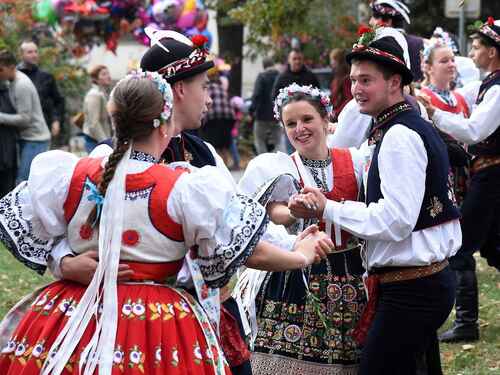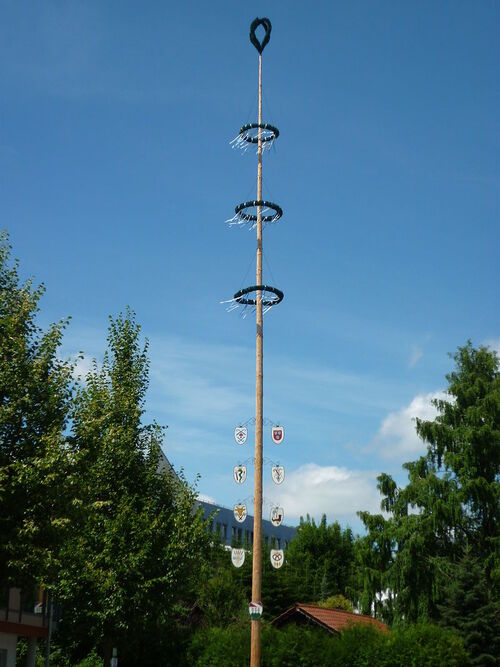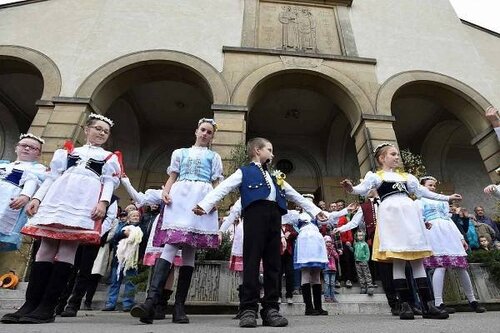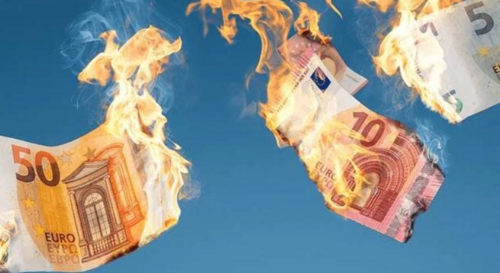Supervising Crypto In Europe
End of June 2022, Cointelegraph.com published an article on the new agreement reached by the European Council to form an Anti-Money Laundering (AML) body that will have the authority to supervise certain crypto-asset services providers (CASPs).
But let's start with a summary first. The first flurry of regulation of crypto-assets appeared in Europe even before the pandemic in December 2019. Debugging took place throughout the first half of the following year, and in September 2020, the European Commission adopted it under the legislative designation draft regulation on markets in crypto-assets (MiCA for short).
A definite topic in the world of finance is currently the government regulation of cryptocurrencies, which is taking place across the globe. The approach in different states is diversified – some states give cryptocurrencies a clear green light, others treat them more cautiously and introduce many regulatory regulations, and finally, there are states that have said a clear “no” to cryptocurrencies and banned them on their territory.
The market segment with cryptocurrencies, estimated at $2.1 billion, is still subject to inconsistent regulation, which prevents the creation of legislative regulations that should prevent money laundering while protecting investors and creditors.
However, increasing regulatory pressure is preventing crypto companies from innovating their products. For example, the cryptocurrency exchange Coinbase global warned that over-regulation would hamper innovation.
Image Source: Cointelegraph
Wild West Of Crypto Is Nigh
“We are putting an end to the wild west of unregulated crypto, closing major loopholes in the European anti-money laundering rules,” said European Parliament member Ernest Urtasun.
The European Council said it had agreed on a partial position of a proposal to launch a dedicated Anti-Money Laundering Authority or AMLA. According to the regulatory body, the AML body will have the authority to supervise “high-risk and cross-border financial entities,” including crypto firms — “if they are considered risky.”
First proposed in July 2021, the AMLA should be operational in 2024 and “start the work of direct supervision slightly later,” according to the European Commission.
It is evident that the taming of cryptocurrencies in the EU is imminent. By regulators who don't understand it much.
Europen Central Bank, Frankfurt, Germany
The European Central Bank (ECB) is calling for decisive regulation of cryptocurrencies. People are speculating on life savings because of them, which is not to the liking of the head of the bank, Christine Lagarde. Its approach does not seem to many analysts, according to which most regulators propose measures that are not really applicable in practice.
The first application of the new regulatory conditions around cryptocurrencies could come in the next few months. The European Commission has already presented such measures, and the European Parliament should finalize them soon.
This is MiCA regulation and, therefore, regulation aimed explicitly at crypto-assets. But analysts recall that most regulators do not understand cryptocurrencies at all and are therefore rather skeptical about the proposals.
In addition to Christine Lagarde, other ECB officials have previously expressed concerns about cryptocurrencies. One of them is executive board member Fabio Panetta, who said in April that crypto assets are creating a new wild west and compared them to the subprime mortgage crisis of 2008.
On the other hand, European monetary policymakers have confidence in their new digital euro project, which could take place as early as the next four years.
"Basically, almost all traditional institutions view cryptocurrencies as something dangerous and potentially exploitable or as a tool for money laundering and unfair activities. In doing so, these fears are completely odd and senseless. Regulators mainly want to achieve the greatest possible monitoring of financial movements, " said Czech analyst Martin Kysela.
Cryptocurrencies And Crime
The suppression of illegal cryptocurrency trading is taking place on more fronts than it might seem at first glance. The fight against money laundering has already moved to Europe.
German authorities announced a raid on the world's largest darknet market, in which they seized bitcoins worth 25 million euros. This raid was carried out in cooperation with the German cybercrime centre and the federal criminal police office (BKA). For what reason did the raid occur, and what was its result?
In a raid on the world's largest darknet network called Hydra market, 543 bitcoins were seized. This illegal network has reportedly been operating since 2015 and has read an incredible 17 million customers.
In the Hydra market, more than 19 000 sellers were registered who focused on the sale of illegal narcotics. According to the press release, other items were seized during the raid, which brought profits to the sellers.
Nanny Mentality Undermines Freedom Of Choice
On Dutch television, the president of the European Central Bank (ECB), Christine Lagarde, said this in May.
“Cryptocurrencies are based on nothing and should be regulated so that people avoid speculating with their life savings.”
She is afraid that people who do not understand the risk can lose everything and be very disappointed. Therefore, she believes that cryptocurrencies should be regulated.
First of all – if Ch. Lagarde and others believe that cryptocurrencies are worthless, they would not be so afraid of them, which leads them to the regulations to which the cryptocurrency market is already subject today.
Many people see cryptocurrencies as a sign of freedom (and it doesn't matter what anyone thinks about it), and the EU obviously doesn't like that. It seems the representatives of the EU think people are unruly and should be regulated. 🙂
In the black scenario, some crypto specialists think that regulation could significantly damage crypto services in the EU. It may trample on user privacy and expose users to the risk of personal information being hacked. As a result, it may have a minimal impact on the fight against money laundering, which the EU seeks with this law.
Cryptocurrency exchange Coinbase stressed that it is cash that continues to be a popular means of money laundering. Blockchain technology, unlike cash, has allowed authorities to track suspicious transactions using advanced analytical tools.
Cryptocurrencies are highly speculative investments (and therefore attractive). The principle of any highly speculative investment is that money moves from those who lose a lot of money on the speculation to those who make a lot of money on it. It is difficult to regulate anything on this.
It’s All About Control
Crypto is unwanted by the top politicians because it gives the owner immense freedom to dispose of their finances in their own way and store them wherever they want – without the need for control by any regulator.
By the way, this control requirement is fully in line with the current direction of EU policy. Therefore, it is undesirable for someone to have access to finances that can not be regulated. The regulation or abolition of bitcoin and other cryptocurrencies would bring us a step nearer to totality.
Source:






 Ickwell maypole
Ickwell maypole




